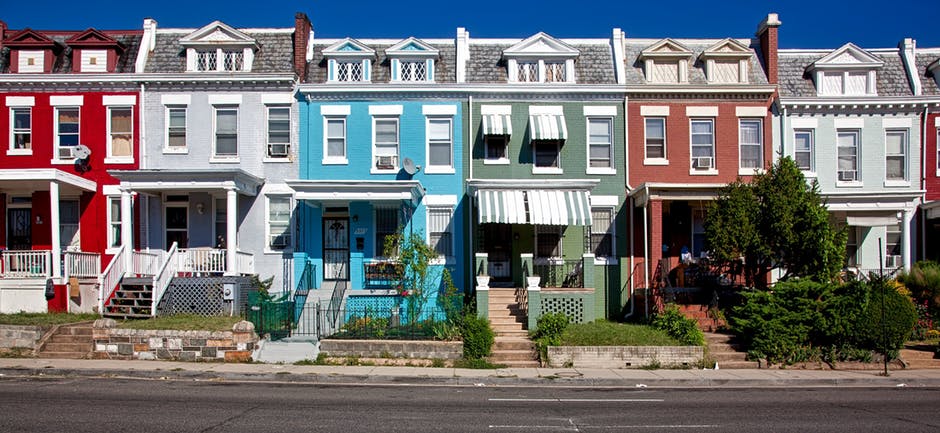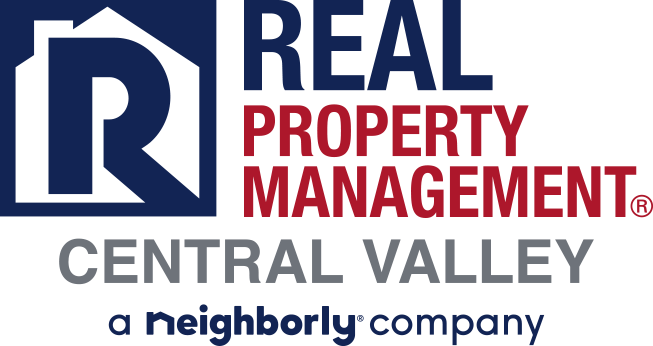Flip or Rent? Which Choice Is Better?

Should you flip or rent a property? The answer to this question depends on who you ask because for every investor who says that flipping properties is the better choice, there’s always going to be at least 10 people recommending that you should rent the property.
What Are Your Long-Term Goals?
As an investor, the number one thing that you should do before you make any type of investment regardless if it’s a real estate or not is to think about what your long-term goals are.
Is your goal to get as much cash as you can as quickly as possible? Or do you have the desire to build long-term stable cash flow?
Your answers to these questions will help you to come up with the right answer in regards to if you should flip or rent Real Estate.
Reasons to Flip Real Estate
- Gross profits are still at record highs and don’t show any signs of slowing down anytime soon.
- There are still a huge amount of older homes out there that are affordable and excellent for flipping.
- Foreclosures are up in some areas across the United States and this means opportunity for Real Estate investors who are looking for homes to flip.
Reasons to Consider Holding onto Real Estate
-
Residual Income: When you “buy and hold”, you create monthly income versus a one-time payment. When you stop “flipping”, the income stops. When you stop acquiring homes to “buy and hold”, the income on the properties you already own continue to come in. True wealth is only found when your money is earning you money, rather than your labor earning you money.
-
Tax Benefits: House “flippers” pay a much higher tax rate than long-term investors. Additionally, “flippers” can become classified by the IRS as “dealers” of real estate, thus subjecting their income to regular tax rates and self-employment tax (Social Security, Medicare, etc.). Long-term investors pay only long-term capital gains tax (or often not using a 1031 Tax Exchange) and income tax on the monthly cash flow (which is generally largely or completely written-off with deductions.)
-
Agendas: A house flipper is subject to numerous outside agendas that affect if and how success is found. Hard-money-lenders, private investors, future buyers, partners, and others all have an agenda and their best interest at heart. When you buy-and-hold, the main agenda is your own.
-
Whims of the Market: When flipping a home, you are hoping that you can sell the home quickly, which is largely based on how the market is functioning in your town. Are there far too many homes being sold, causing yours to sit for months or years? When you hold a property long term you are not dependent on the whims of the market. You are able to sell only when it is advantageous to sell.
-
Risk: When you flip a home, you have monthly carrying costs such as the loan payment, taxes, insurance that will add up each and every month until the home is sold. Additionally, there is the chance that there will be unforeseen costs that arise when repairs are being performed. Both these items can blow the budget and eliminate any chance of making a profit. When you buy a home for the long-term (and manage effectively), you can balance out your risks over a long period of time, lowering the chance of losing money and maximizing your probability of building serious wealth.
Get Property Management Here
Need professional property management? Contact us today by calling (209) 572-2222 or click here to connect with us online.

